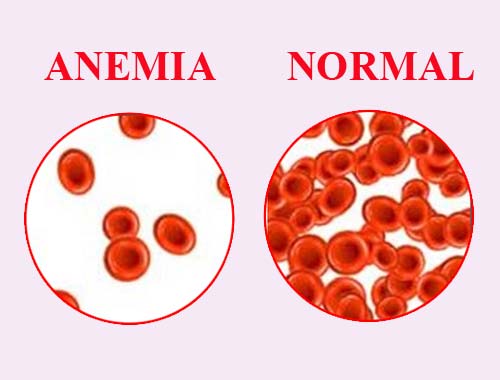
Importance and Interpretation of Blood Tests
Blood tests provide quick and nearly painless insights into your health. Results are compared to established "reference ranges" for specific population groups and individuals. These ranges have specific meanings interpreted by qualified healthcare professionals.
Blood tests, including various chemical and hematological panels, offer an economical way to assess a patient's physical condition at the time of testing. They can detect and diagnose blood disorders and aid in evaluating rare blood types.
Reference Ranges
Reference ranges are established by defining a population and calculating the average value, allowing for natural variations (plus or minus 2 standard deviations). This explains the use of "reference range" instead of "normal range."
What is considered "normal" for one population may not be for another. For example, cholesterol levels have target values that vary depending on factors like lifestyle and medical interventions.
Interpreting Results
Your test result should be interpreted within the context of your individual circumstances, medical history, medications, and other relevant information. Even within a "normal" population, 5% of test results will fall outside the reference range.
Availability and Low Cost Options
Blood tests are essential tools for healthcare providers. Low-cost, discounted, and even free blood tests are available in many communities.


DDxHub is a concentrator that holds a lot of disease descriptions. It relies on the System knowledgebase to diagnose a health condition.
Differential diagnosis Hub is the System distinguishing of a particular disease or health condition from others.